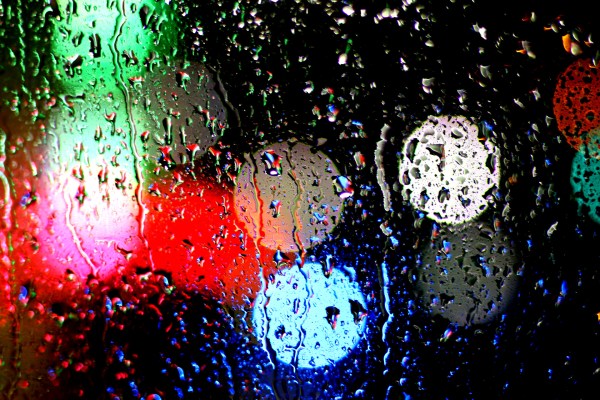After spending a few days in Austin, which lost Uber and Lyft almost a year ago, I started brainstorming a post about how the city was doing just fine without either of the ridesharing giants.
Since Uber and Lyft left last May, a bevy of alternatives have sprung up — like Ride Austin, Fasten and Fare. These apps all essentially provide the same experience as Uber and Lyft — drop a pin and a car shows up. All of them comply with Austin’s background-check law, and some of them even charge drivers and riders less than Uber and Lyft did.
I had even begun to wonder if maybe Uber and Lyft made a mistake by stubbornly refusing to comply with Austin’s fingerprint-based background-check requirement, because it showed that a major U.S. city could actually survive without them.
Until they couldn’t.
Last night, arguably the biggest night of SXSW, it rained — and everyone wanted a ride. And on cue, the apps failed. Overloaded with demand, Ride Austin and Fasten were essentially “bricked” — you either got stuck at a loading screen or the apps said there were no cars available — when there clearly were.
Riders were stuck, and drivers were circling the city with no way to get matched up with riders.
https://twitter.com/rrhoover/status/840773916884893696
I heard some (non-taxi) drivers offering to accept cash or Venmo for a ride. It was a flashback to the period of time directly after Uber and Lyft left Austin but before a regulated competitor could take its place. Back then rides were organized on a 30,000-member Facebook group where drivers solicited rides for cash.
In a post, Ride Austin said they were down sporadically from 7:15pm to midnight “due to a previously undiscovered database issue that did not emerge during scale testing.” And Fasten told a local Austin paper that the combination of rain and SXSW led to the app receiving “12 times as many ride requests as normal,” which is what led to them crashing.
While the companies made it sound like SXSW was the culprit, drivers told us that these apps are often prone to go offline on high-demand nights, like New Year’s Eve and during Austin City Limits.
As much as people complain about the duopoly created by Uber and Lyft, you can’t argue with the fact that their platforms are stable and won’t have random technical issues that prevent you from hailing a ride.
Things seem to be working fine today, but Austin definitely missed its chance to prove that cities are ready to function without Uber or Lyft.
